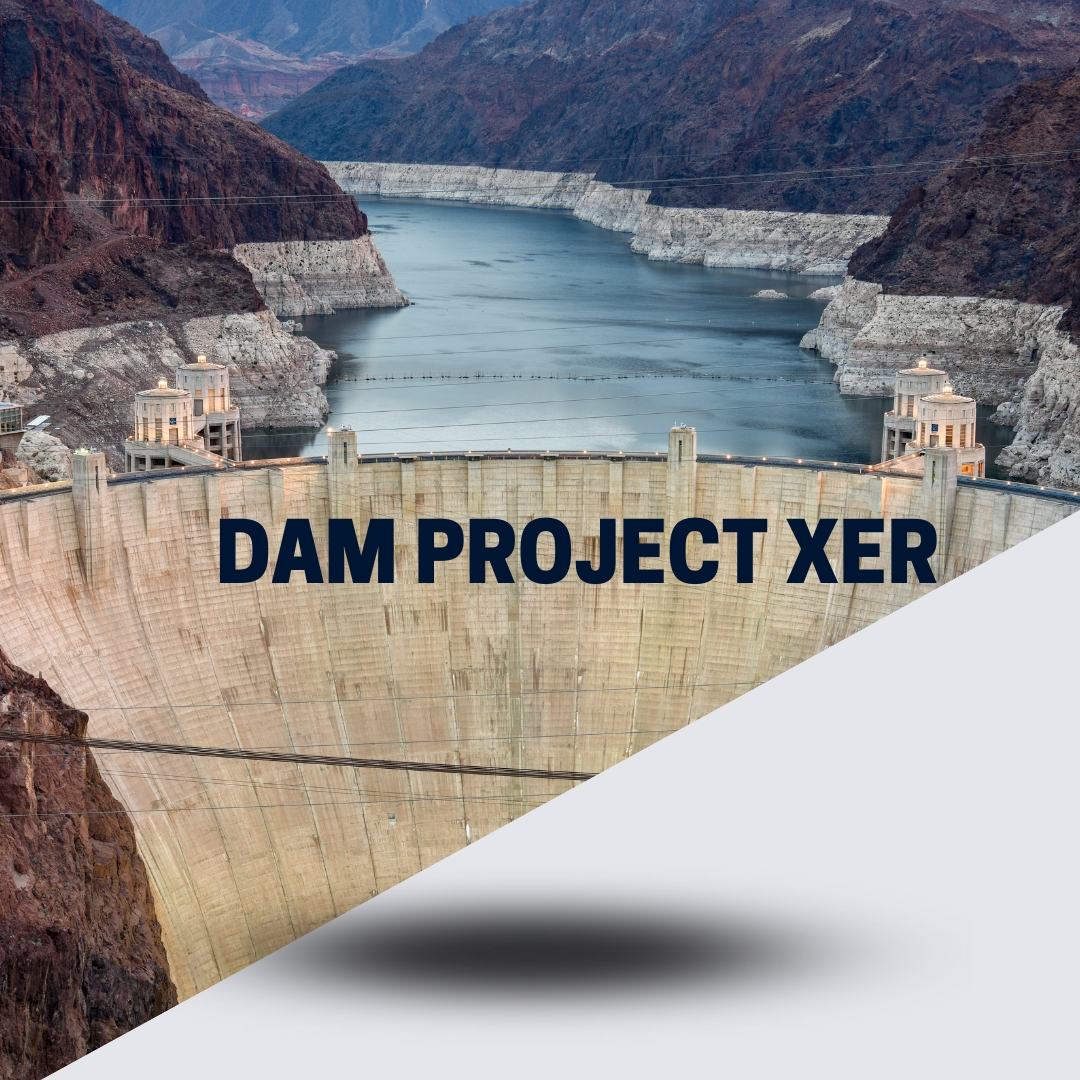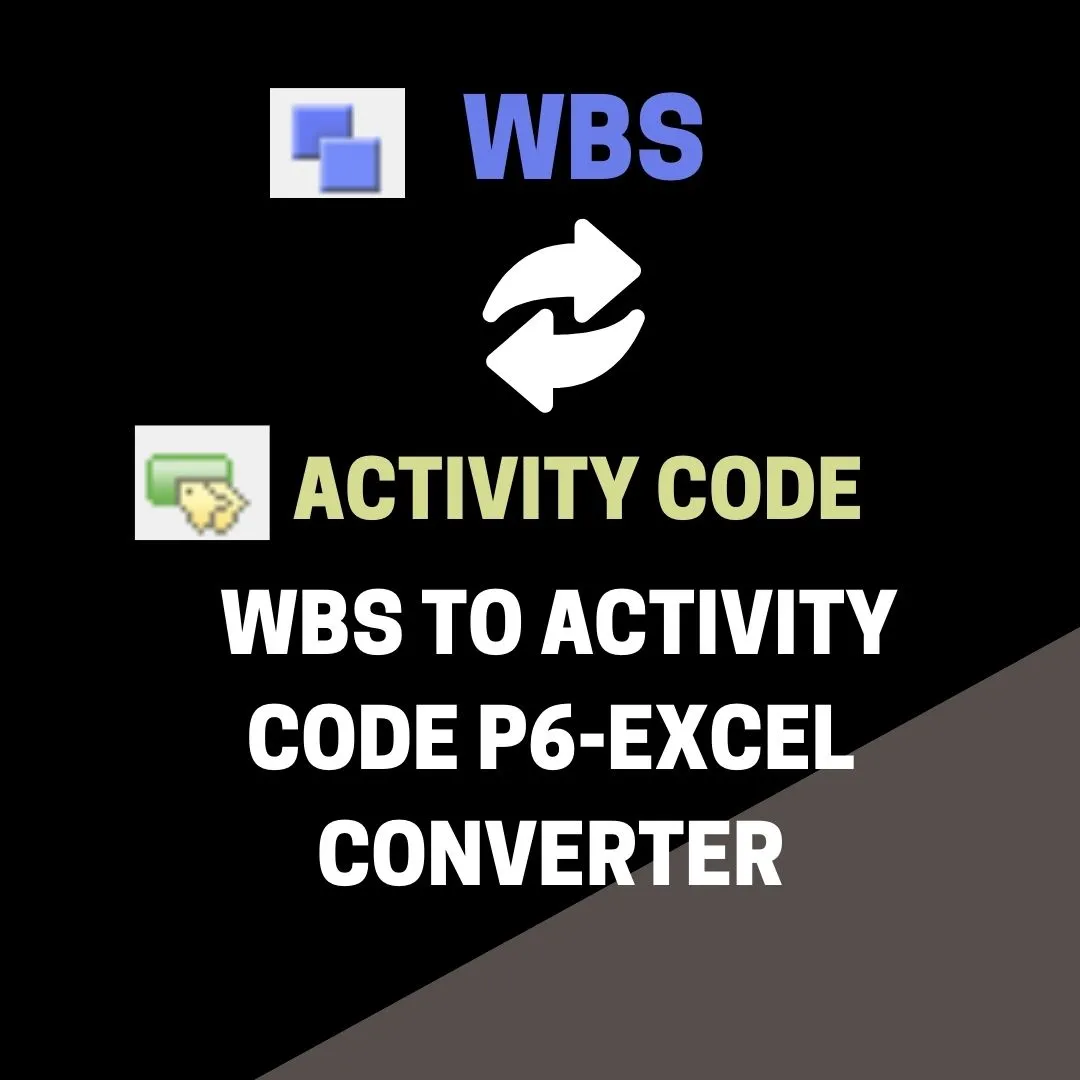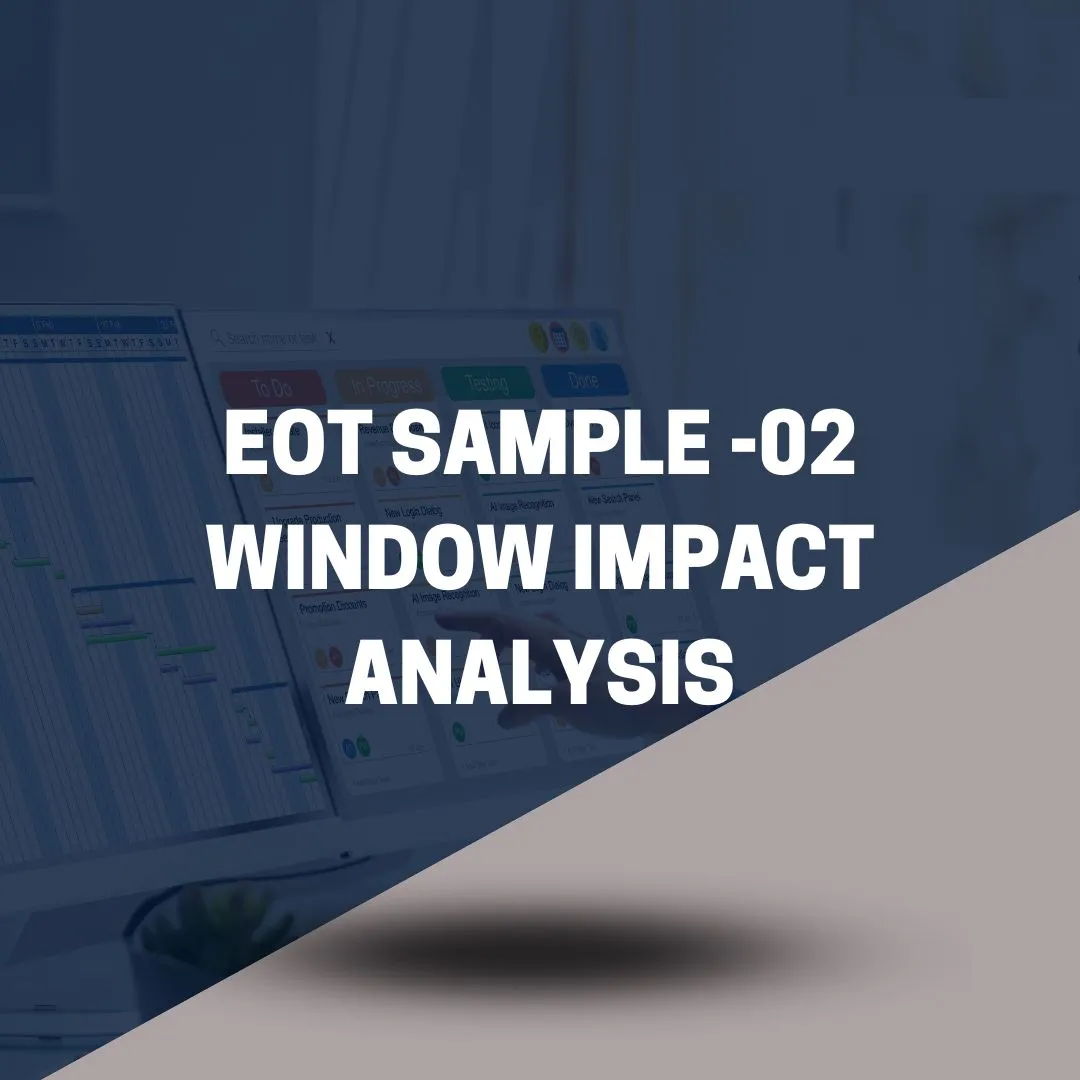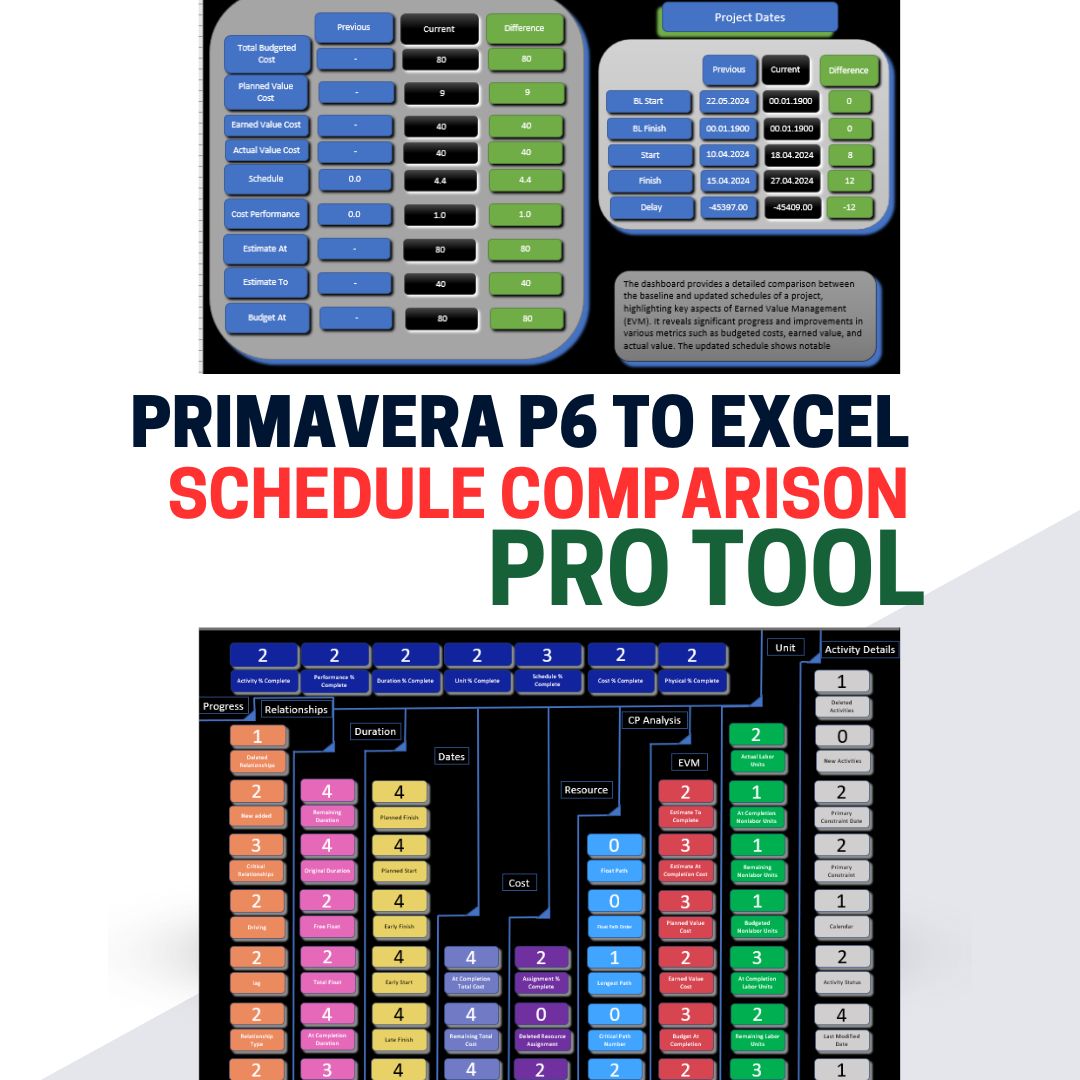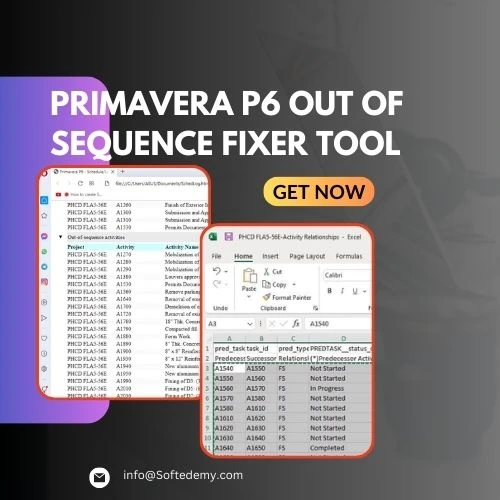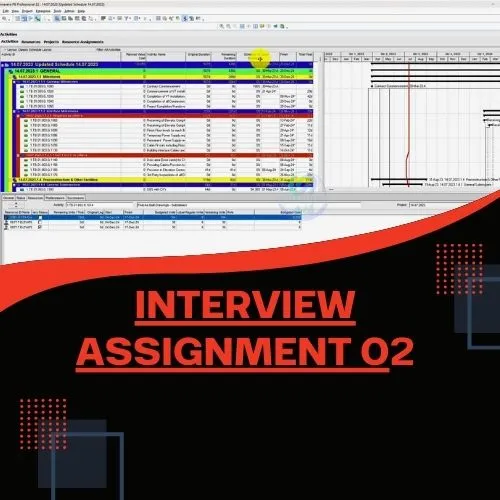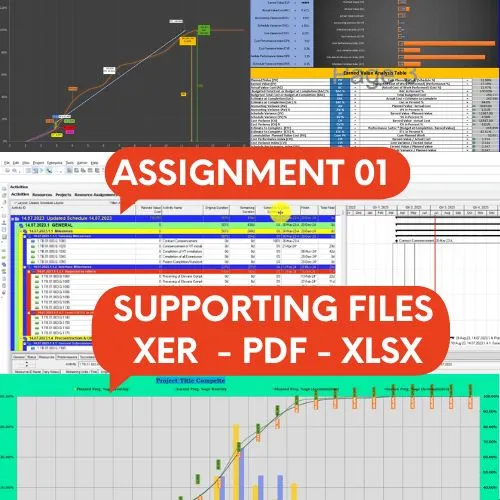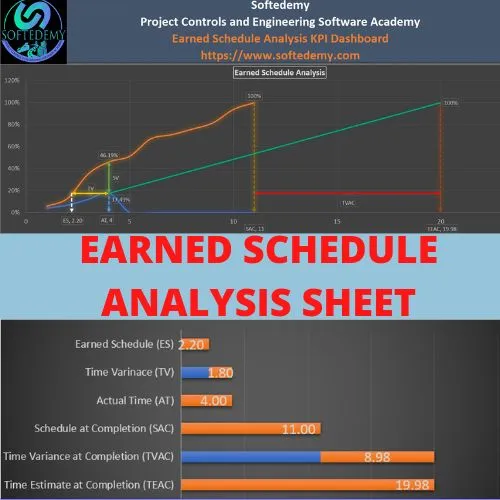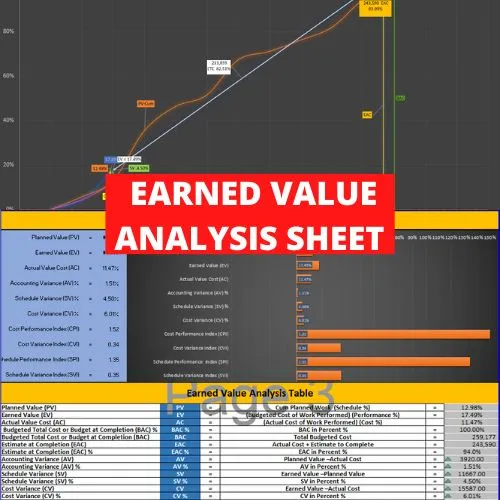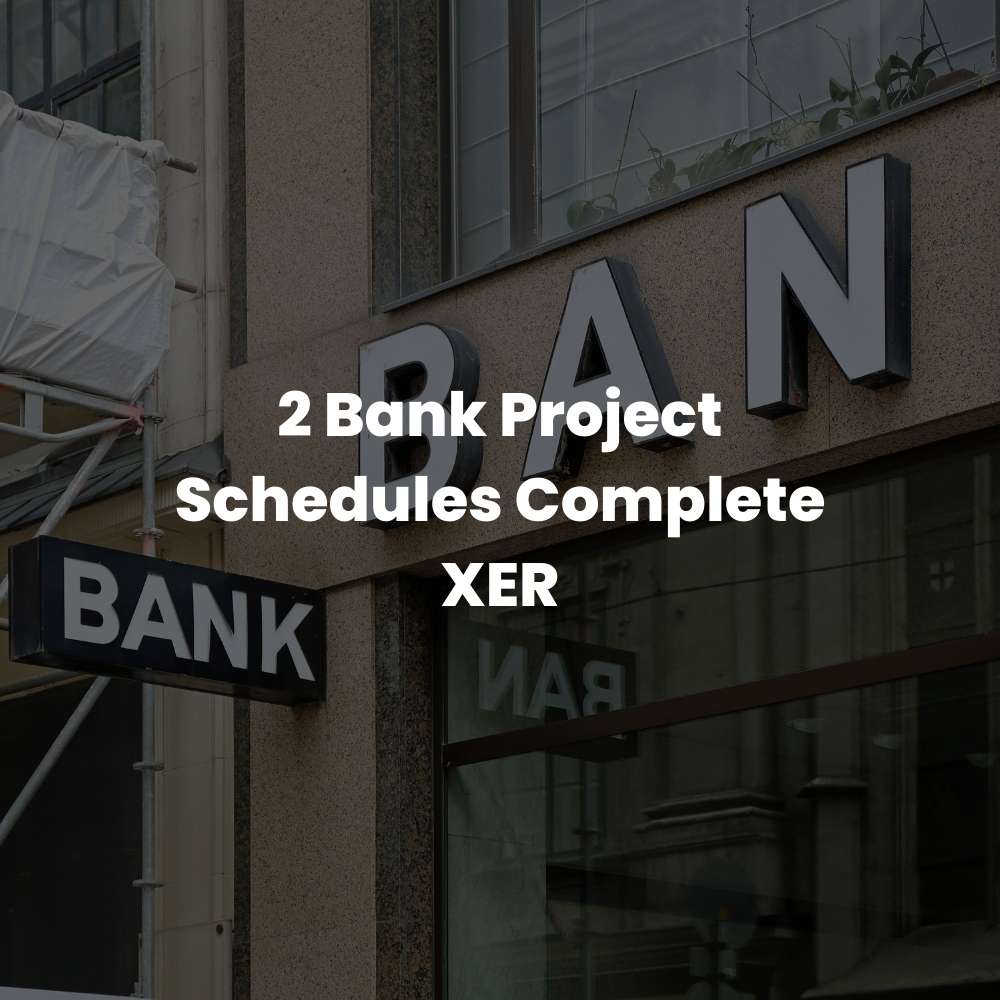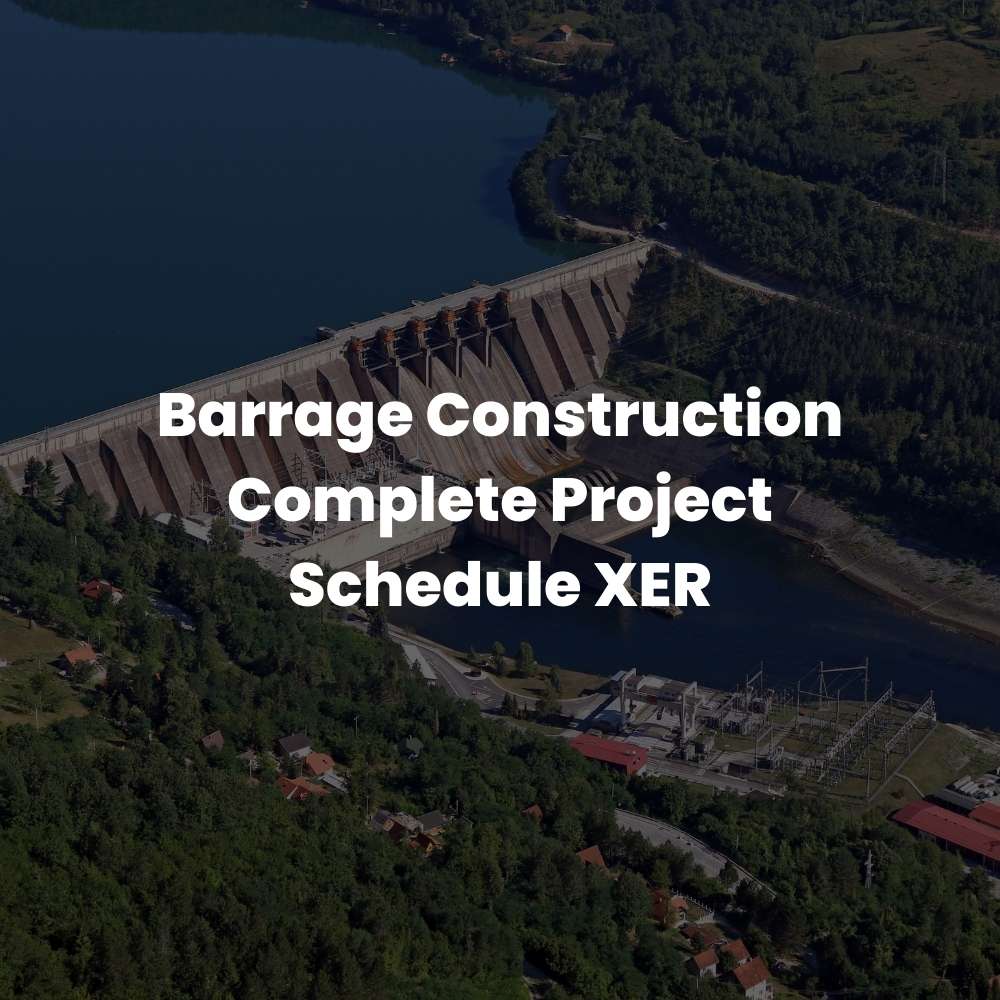
The Complete Guide to Project Control Professionals and Why They Needs to be Well Versed in Project Contracts
Introduction
Project control professionals have a bright future in terms of career opportunities. To maximize their value for their organizations, project control professionals need to be well-versed in contracts. We can help provide you with contract education and training that will enhance your skills and better prepare you for the future of your profession. Contact us today to learn more about our unique approach to contract education!
What is a Project Control Professional?
Project Control Professionals are responsible for managing the project’s scope, schedule, cost, and quality. They are also responsible for managing the risk and issues related to a project as well as monitoring its budget. Project Control Professionals may be required to report on their projects’ performance to stakeholders and upper management.
Why are Contract Skills Necessary for Project Control Professionals?
As a project control professional, you are responsible for managing projects and ensuring that they are completed on time and within budget. You also need to manage risks, changes, communications, best practices, and more.
In order to be successful in the role of PMC (project management consultant), you need strong contract skills. These include understanding how contracts work and how they can help you manage your projects more effectively.
What are the Benefits of Contract Training for Project Control Professionals?
Contract training is a great way to show your organization that you’re committed to the project and its success. It also shows your managers that you’re willing to put in the extra effort needed to be successful at what you do. By taking contract training, you’ll be able to understand how contracts work, which will help your organization make better decisions about them in the future.
Contracts are important because they protect everyone involved in the project from unforeseen costs or losses by clearly defining responsibilities and liabilities between the parties involved. For example, if an organization is responsible for delivering something on time but fails because it wasn’t properly trained on how contracts work (or didn’t read them properly), then that company could end up having its reputation damaged or even face legal action from customers who expected something different than what was delivered based on what was written down in these legal documents!
How Can We Help Provide Project Control Professionals with a Basic Understanding of Contracts and Contracting?
We can help provide you with a basic understanding of contracts and contracting!
Contracts are an essential part of any project, but they can be complicated. They’re also highly specialized. Project control professionals need to understand how these agreements work before they’re able to do their jobs well.
Project control professionals should have strong contract skills in order to contribute to their organizations.
Contracts have a direct impact on:
- Project Management Processes – Your organization’s or client’s contract will guide how you execute each step in your project management process. If there is no contract, it is difficult to move forward with any stage of your process because there is no clarity about what needs to be done or by whom.
- Project Management Plans – A solid understanding of a contract is critical for developing accurate estimates that can be used as part of your schedule planning activities (and eventually put into place on-site). It also helps ensure that the work scheduled matches the actual work required by both parties based on their contractual obligations and responsibilities; this means less waste and more value-added activities being completed during execution timeframes (assuming these are included within scope).
- Project Team Dynamics – Contractual agreements set expectations around roles and responsibilities among stakeholders including suppliers/vendors who provide services/products needed throughout execution phases; this ensures everyone understands what they’re responsible for delivering during each phase as well as expected timelines associated with those deliverables along with associated costs involved in the delivery.”
Conclusion
The future is bright for project control professionals. As the world becomes more complex and projects grow in scope, there will be increased demand for project control professionals who can bring a wide range of skills to the table. And as we’ve seen throughout this post, one of those skills must be contract management. Without strong contract skills, it’s impossible to fully support all of the other key areas that fall under the umbrella of project controls – like cost engineering and planning & scheduling – because contracts are at the heart of every project.
Leave a Reply
You must be logged in to post a comment.



